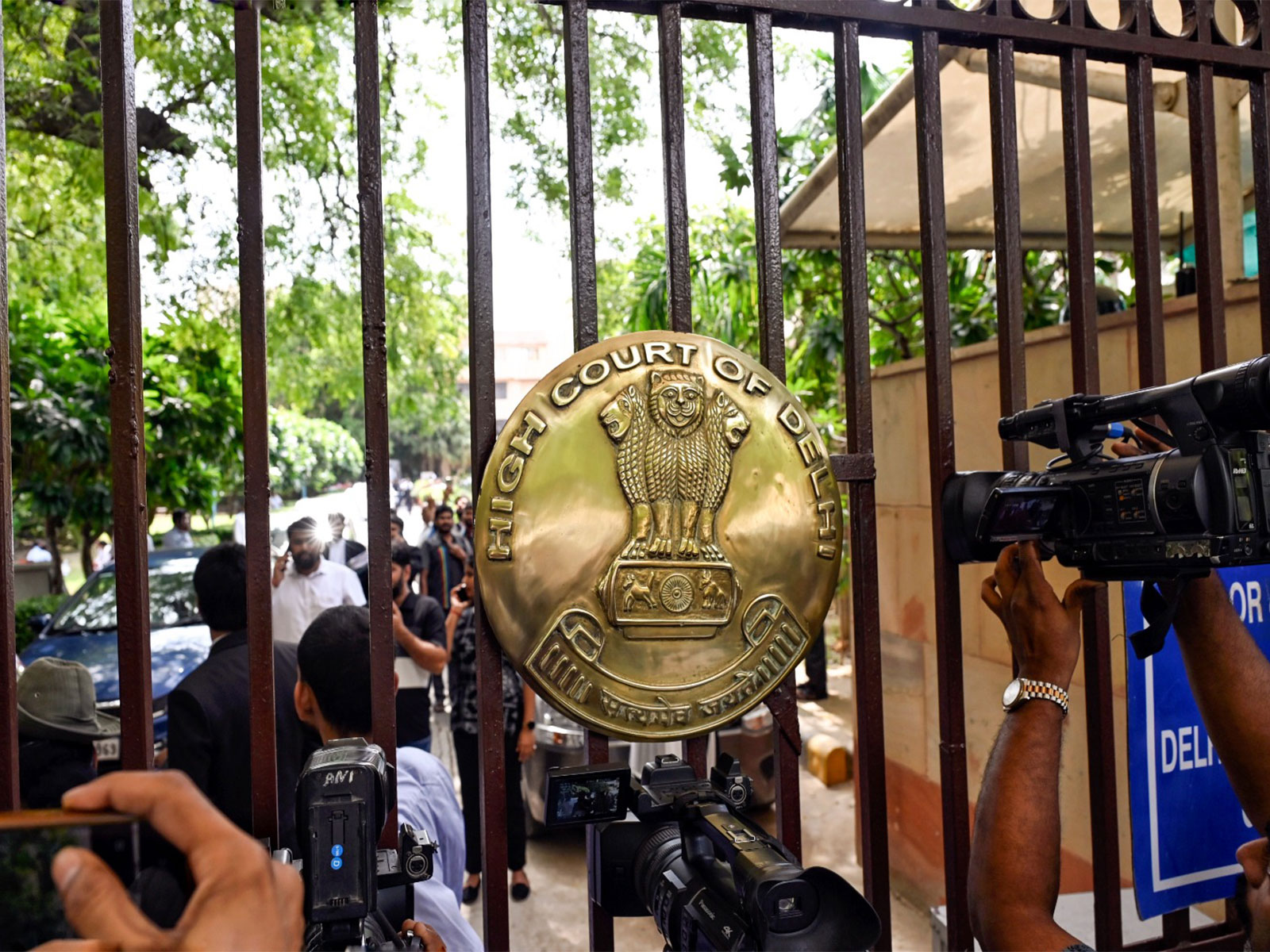Delhi High Court Denies Parole to Convicted Terrorist Mohd. Ayoub Mir Citing Security Risks
The Delhi High Court rejected a parole petition by Mohd. Ayoub Mir, a Lashkar-e-Taiba operative serving life imprisonment. Concerns over national security and his potential involvement in anti-national activities were cited. The court assured his continued medical care but saw the security risks outweighing humanitarian reasons for parole.

- Country:
- India
The Delhi High Court has dismissed the parole plea of Mohd. Ayoub Mir, a convicted Lashkar-e-Taiba terrorist, citing security risks as a major concern. Mir, who is serving a life sentence under the Prevention of Terrorism Act (POTA), has been incarcerated for over two decades.
Justice Sanjeev Narula acknowledged Mir's long-term imprisonment and his battle with cancer, but emphasized the discretionary nature of parole. The court stressed that national security considerations must take precedence over humanitarian factors, given the severity of Mir's offences and potential risks of anti-national activities.
While denying parole, the court directed authorities to ensure Mir continues receiving top medical treatment at Government Medical College, Jammu. It also instructed that if specialized care unavailable in Jammu is recommended, his transfer to an appropriate facility should be expedited.
Standing Counsel Rushab Aggarwal and Additional Standing Counsel Sanjeev Bhandari opposed Mir's plea, asserting that he is receiving sufficient medical treatment and that his release could lead to a resurgence of anti-national activities. They highlighted intelligence reports of Mir's past misuse of liberty and risks associated with parole.
Mir, convicted under FIR No. 34/2002 and previously granted parole, allegedly instigated youth to join militancy and incited inmates with anti-national slogans. Despite arguments from his counsel citing medical needs and family hardships, the court found the April 2025 parole rejection valid.
(With inputs from agencies.)
ALSO READ
U.S. Commerce Probes Impact of Imports on National Security
U.S. Commerce Department Launches Crucial National Security Investigations
Sikkim Chief Minister Reaffirms Commitment to National Security Amid Political Tensions
Hikvision's Legal Battle Over Canada's National Security Claims
Trump's Strategic Stake in Lithium: Navigating National Security and Economic Policies










